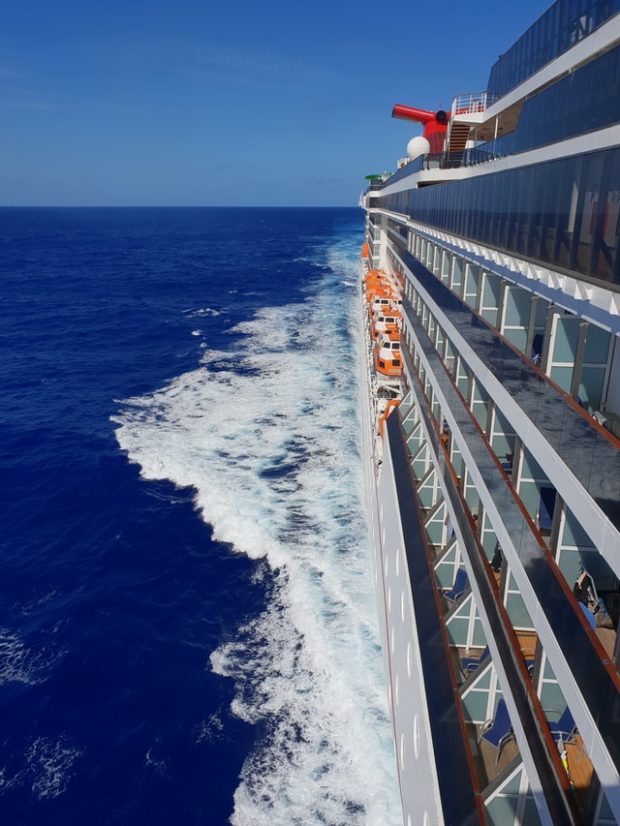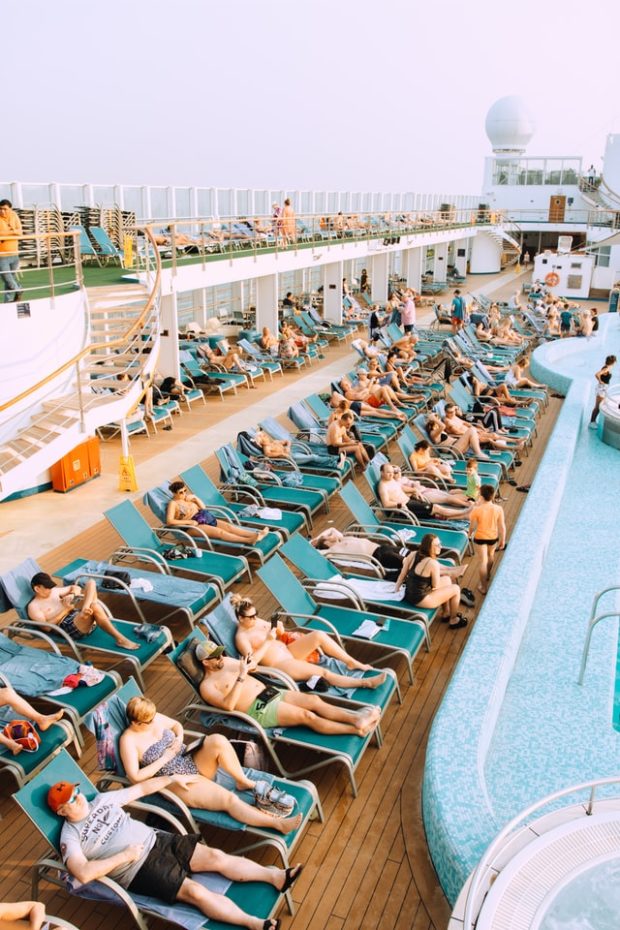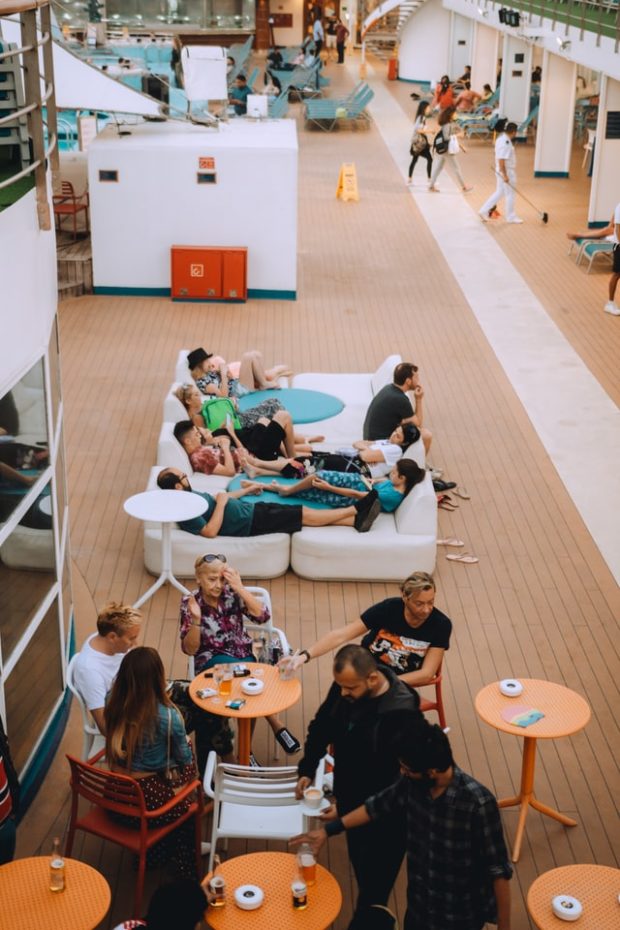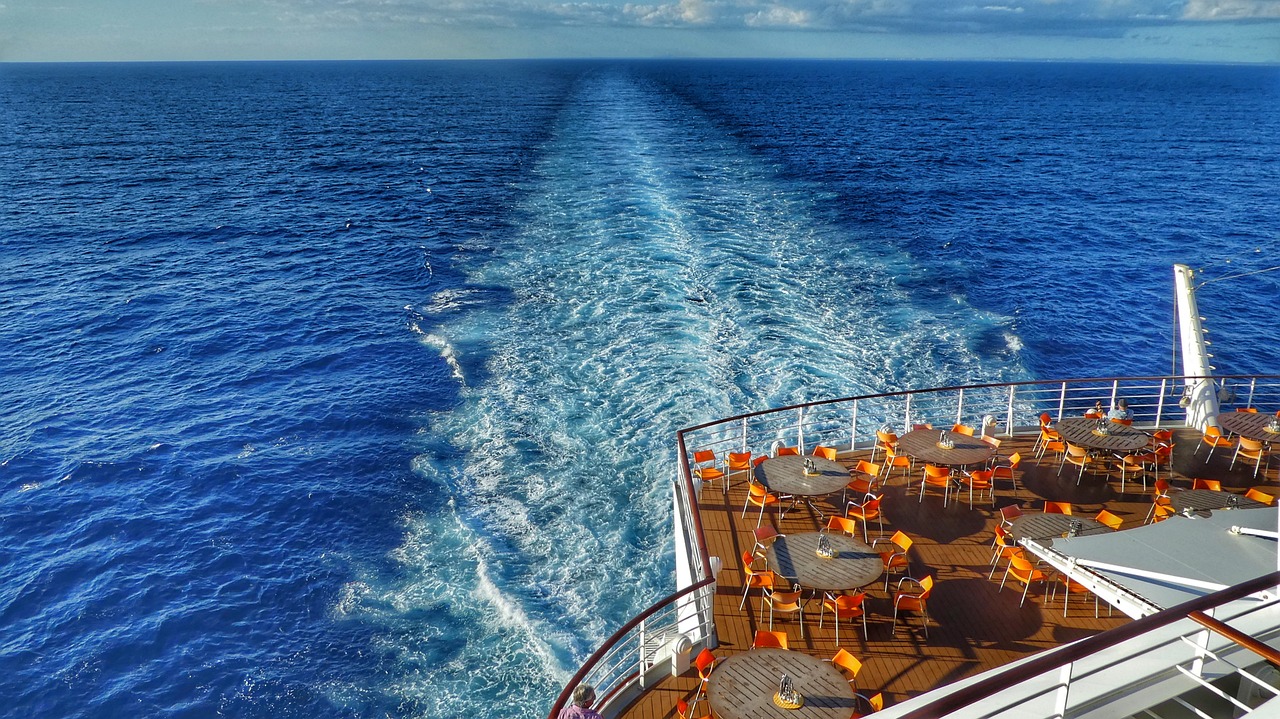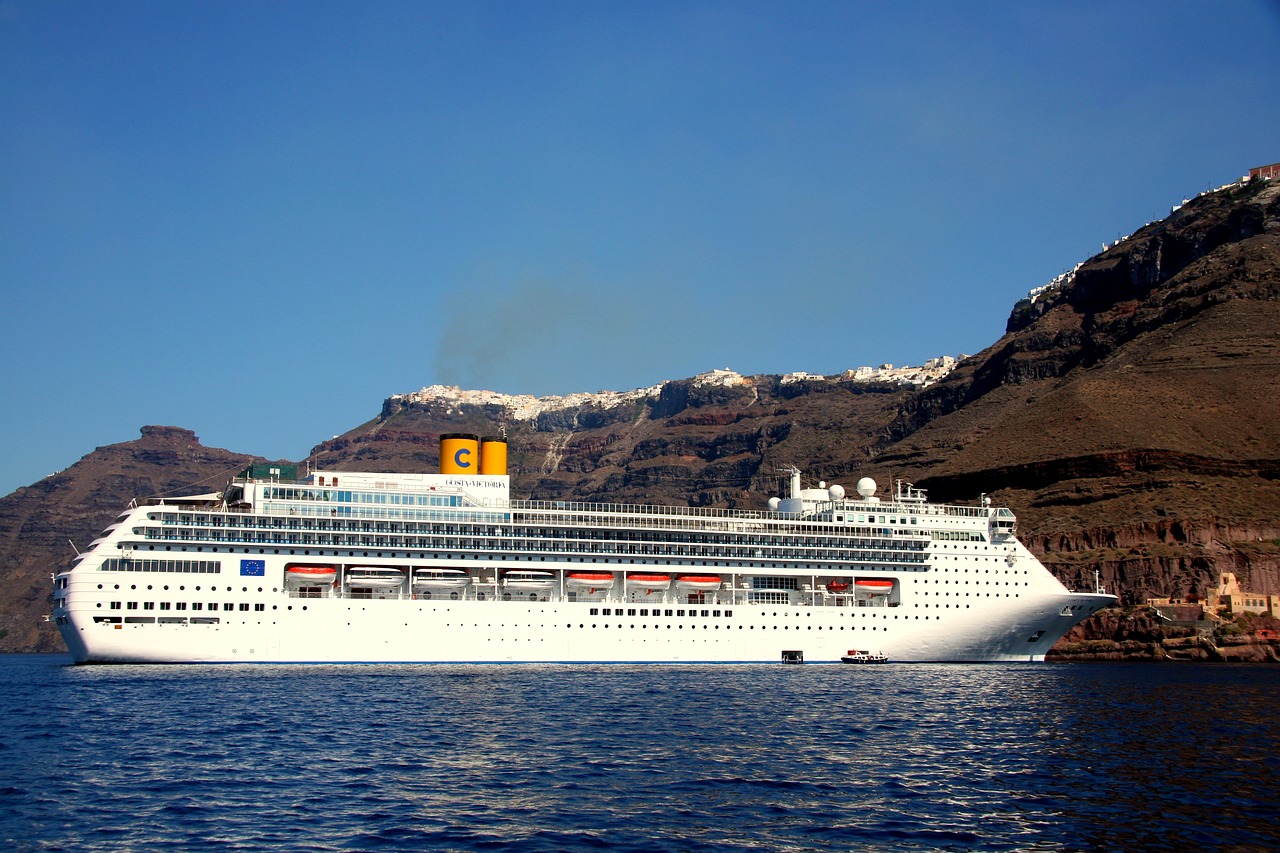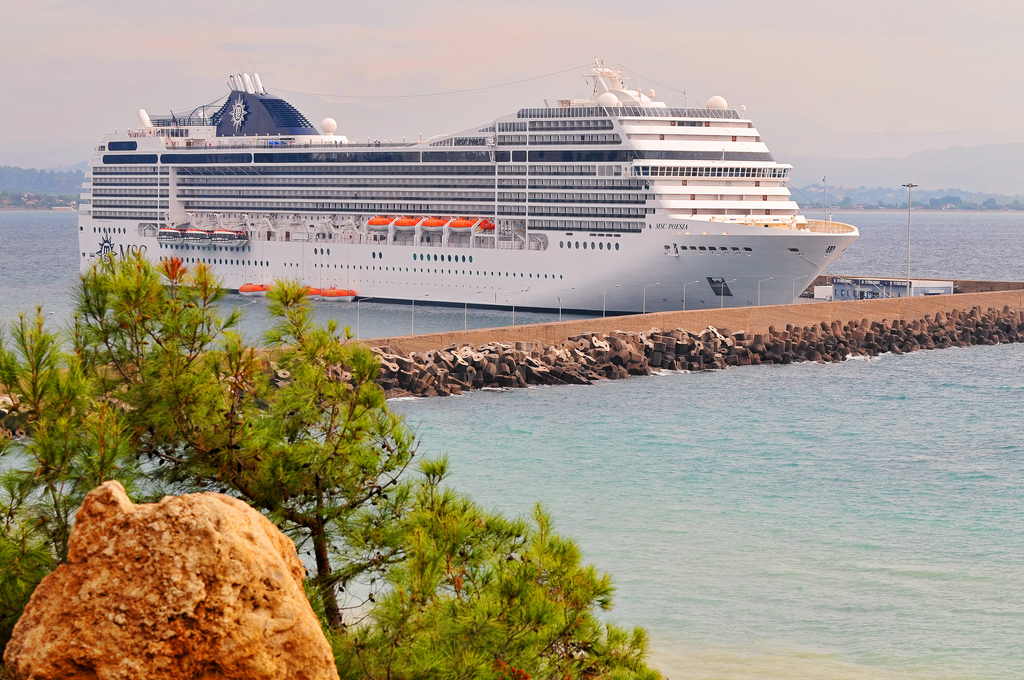Cruise companies, like most other travel companies, are facing serious issues right now because of the coronavirus pandemic and related fears.
Businesses around the country are slowly starting to open back up, but some predict it could take longer for travel to bounce back than other sectors, and that may especially mean cruise lines.
The coronavirus pandemic in the U.S. didn’t exactly start on cruise ships, but that’s really where it began getting national attention.
One of many ships that’s in the spotlight for potential mishandling of onboard outbreaks in the early days of the pandemic is the Costa Luminosa. Based on information coming to light, the cruise line operating the Costa Luminosa may not have followed the industry standard of care.
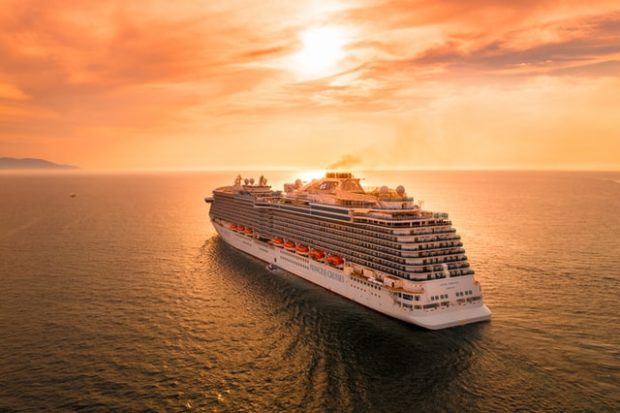
Many are calling the ship’s response to the coronavirus outbreak as chaotic at best. After a passenger was evacuated on Grand Cayman because he was showing signs of covid-19, he later died. Then, a day after that passenger’s evacuation, the Costa Luminosa returned to port in Fort Lauderdale, dropping off passengers and taking on more.
The situation with covid-19 was just one of many high-profile instances of people becoming sick with transmittable diseases onboard these ships.
For example, even before coronavirus, norovirus was a significant problem on cruises. Norovirus spreads quickly whenever there are a lot of people in a small area, much like coronavirus. There are more than 20 million cases of norovirus each year. Because health officials have to track illnesses on ships, it’s more associated with cruises than with resorts, for example, where tracking isn’t required.

Cruise lines aren’t inherently dirty or dangerous, but it’s just the reality that whenever a lot of people are in a close-contact environment, it’s easy for illnesses and especially respiratory illnesses to spread through droplets or contact with surfaces that have been contaminated.
So while the cruise industry may not fully recover from the bad images created by coronavirus, they are looking to move forward late in summer.
As part of their effort to do so, they are already offering deep discounts on sailings, most of which are expected to resume in August.
If you’re planning on taking advantage, what should you do to stay safe and healthy while you’re on a cruise?
Consider Any Pre-Existing Conditions
Ships tend to be an attractive way to vacation for older people, and older people may be more likely to have pre-existing conditions that could make them more susceptible to viral illnesses.
Before you board a cruise ship, have an honest discussion with your doctor about your personal level of risk, given your age and overall health.
Some cruise lines are even talking about not allowing people with certain pre-existing conditions to sail with them, or requiring doctor’s notes for people over a certain age.
If you are older or have a pre-existing condition, it doesn’t necessarily mean you can’t travel, but being on a cruise ship could be risky for you.
Wash Your Hands and Bring Your Own Sanitizer
Washing your hands, of course, isn’t a cure-all, but it goes farther than people might think when it comes to preventing contagious illnesses.
When you’re on a cruise, or anytime really, you should be washing your hands as frequently as is feasible.
Before you eat, after you eat, if you touch someone, or even if you touch a surface that’s commonly touched by others, try to remember to wash your hands.
Most cruise lines offer sanitizing stations throughout the ship, and now when they finally do set sail again, this will probably be even more prevalent, but you might still want to think about bringing your own small bottle everywhere you go, just in case.
Keep in mind, even so, that hand sanitizer is not a replacement for handwashing.
Something else to pack are anti-bacterial wipes. Get them in small packages that you can take everywhere.
Get in the habit of wiping down surfaces like elevator buttons, handrails, and even the table when you sit down to dine.
Stay Hydrated
When you’re on a cruise, it’s easy to be wrapped up in the excitement of excursions and onboard activities, and you may not drink enough water or you might drink more alcohol than usual, which can dehydrate you.
Staying hydrated is important because it can help you generally stay healthy, which will reduce the likelihood of getting sick. If you do become ill, hopefully, you can fight off more severe effects.
Consider taking a reusable water bottle on your trip, and if you frequently get dehydrated or could be at risk for dehydration, think about also bringing a sports drink powder with electrolytes.
It’s also a good idea to have your own water bottle because, at some of your destinations, it may not be safe to drink the water. For example, if you disembark in Mexico, you can’t drink the water.
Skip Buffets and Self-Serve Foods When Possible
Cruise lines are known for their buffets, but they also have room service and table service.
Whenever possible, try to skip the buffets and self-serve food items.
You have to think about how many people use the utensils and serving devices and go through these lines. At a time like what we’re facing right now, that can be pretty scary.
If you have the option to have food prepared for you and served to you, take it every time on a cruise.
Bacteria also can thrive when certain foods are left out for too long, as is the case on buffet lines.
It may be months or even years before you think about cruising again, but whenever you decide to return it’s a good idea to take precautions. This is something the covid-19 pandemic has taught many of us, and we can use what we know now and apply it to safer, healthier travel in the future.

